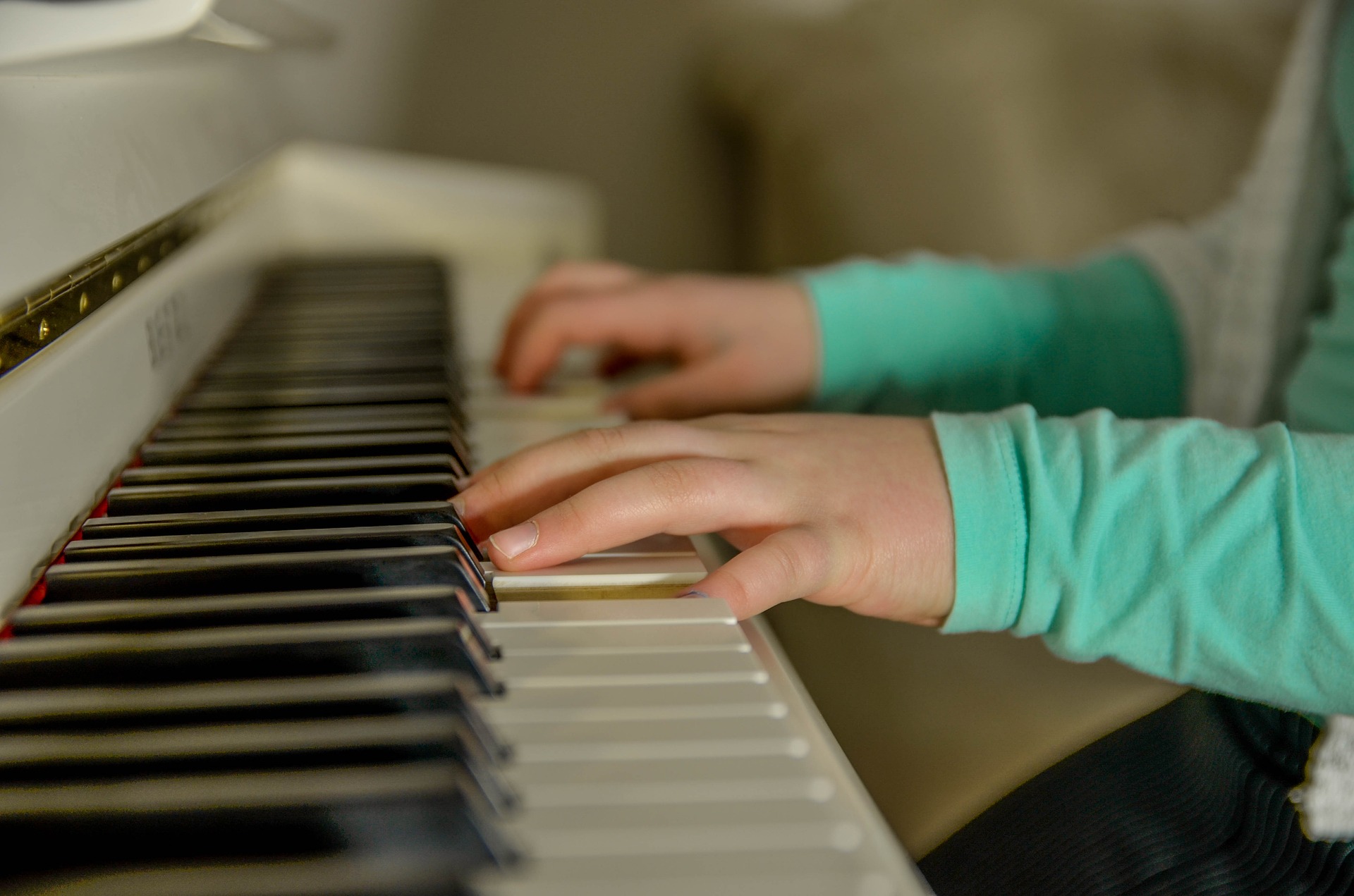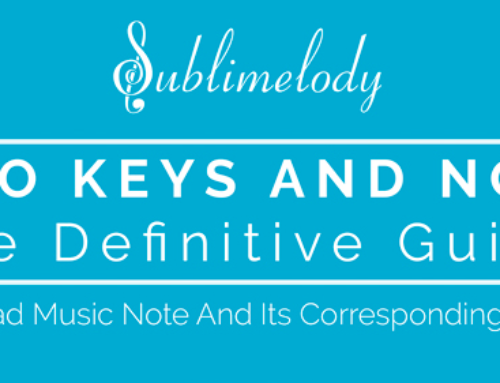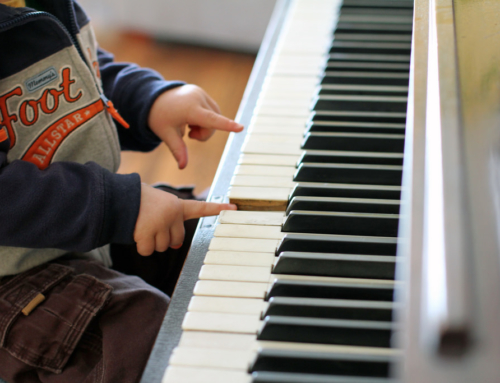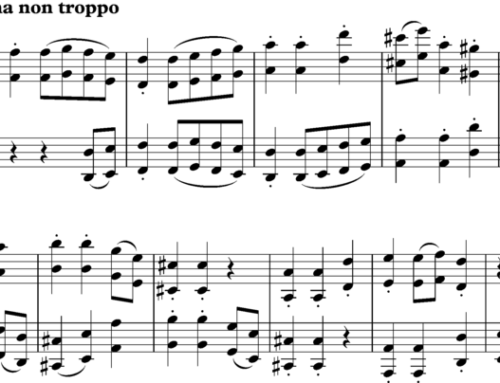When a musician plays their instruments, you can see the joy like fireworks in their eyes! Did you know that their brain does the same too? Even the calmest and the most collected pianist you see playing a heavenly tune with closed eyes has a stunning roller coaster of processes going on inside their brain.
With the development technology, neuroscientists now have the ability to observe the brain functions of anyone in real time with the help of fMRI and PET scans. This has given them an interesting glimpse into our brains when we engage in various things.
The main observation that they got as they studied the activities of the human brain when people do different things like doing math, reading or solving a puzzle is that there are corresponding areas to those activities which are the most active when you engage in that particular activity.
When they observed someone who is playing a musical instrument, however, the scientists were amazed to see that many parts of the brain start becoming active simultaneously like a stunning fireworks show. Music acted as a stimulant to many regions of the brain, getting them buzzed up and running.
It takes only a fraction of a second for our brains to do everything from understanding and breaking apart the tiniest details in a music tune to giving us an extremely unified musical experience. This is how your feet start tapping to the rhythm of a song the second you hear it. For your brain to give your feet that rhythmic signal, there are millions of little processes that happen inside.
This is only when listening to music. The scientists went a little further to study the brains of musicians, who actually create music. That observation was even more interesting. It looked like a several firework shows happening at once inside of the brain. Reading more into this would probably make you want to play piano today.
If listening to music is equivalent to doing some nice pushups for the brain, creating music is like a full body workout. The brain seems to process all the information that comes with lightning speed in intricate, interrelated and astonishingly fast sequences when someone is playing an instrument. Just like any other workout that you do, by playing an instrument, you are naturally strengthening your brain and help it perform at its optimal level.
Regardless of which musical instrument you are playing, you always get the visual, auditory and the motor cortices of your brain to work together seamlessly in every practice session you have with your beloved instrument. When you consistently practice, eventually you will be able to apply these refined skills to other activities in your life as well. Unlike merely listening to music, playing an instrument invokes both hemispheres of your brain; the creative content of the right brain and the analytical content of the left brain.
For this reason, continuous practice of a musical instrument would eventually enable you to solve problems more effectively and more creatively, in both academic and social settings. Because making music also involves crafting and understanding its emotional content and message, musicians often have higher levels of executive function, the category of interlinked tasks that includes planning, strategizing and attention to detail and requires simultaneous analysis of both cognitive and emotional aspects as well.
With all these benefits, one has to wonder, “can music make us smarter?”






